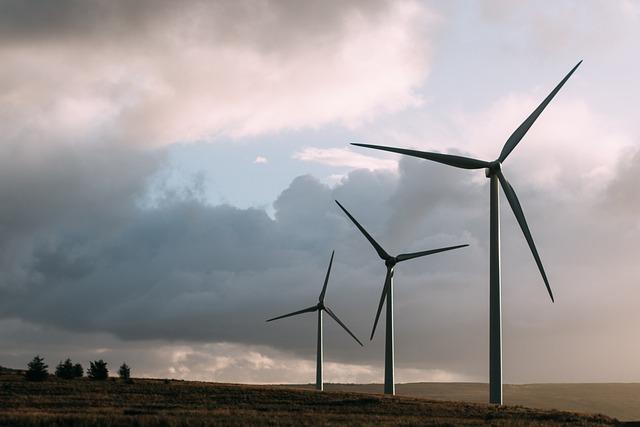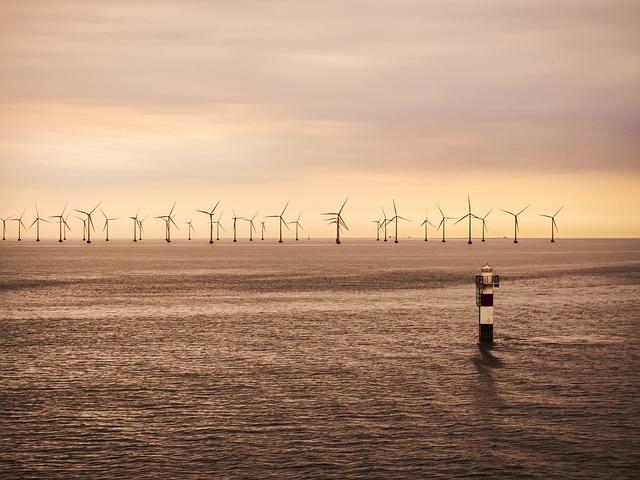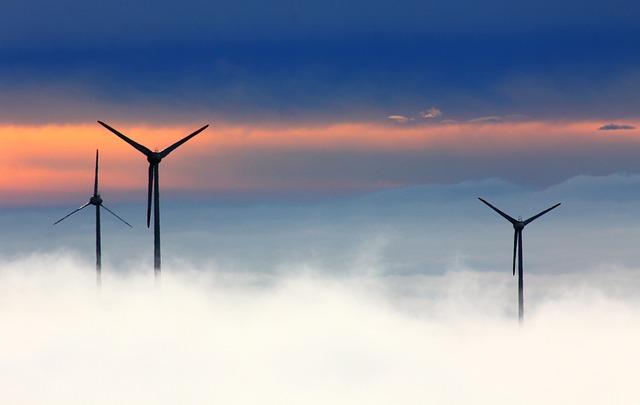Wind Energy
- Introduction
- Benefits of Wind Energy
- Challenges in Wind Energy
- Future of Wind Energy
- Innovations in Wind Energy Technology
- Conclusion
- FAQs
Introduction
Wind energy is a renewable energy source that harnesses the power of the wind to generate electricity. It has been used for centuries, from traditional windmills used for grinding grain to modern wind turbines that produce electricity.
Benefits of Wind Energy
One of the key advantages of wind energy is that it is a clean and sustainable source of power. Unlike fossil fuels, wind energy does not produce greenhouse gas emissions or air pollutants that contribute to climate change. Additionally, wind energy is abundant and widely available, making it a reliable energy source.
Another benefit of wind energy is its cost-effectiveness. Once a wind turbine is installed, the running costs are relatively low compared to traditional power plants. Wind energy also helps improve energy security by reducing reliance on imported fuels.

(Image: Pixabay/@Pexels)
Challenges in Wind Energy
Despite its many advantages, wind energy also faces some challenges. One of the main issues is the intermittent nature of wind. The output of wind turbines can vary depending on weather conditions, which can make it less predictable compared to other energy sources.
Additionally, there are concerns about the impact of wind farms on wildlife and the visual landscape. Proper siting and environmental assessments are necessary to minimize these impacts.
As wind energy continues to grow, grid integration and energy storage solutions will be crucial to ensure a stable and reliable energy supply.
Future of Wind Energy
The future of wind energy looks promising as technological advancements continue to improve the efficiency and affordability of wind power. Offshore wind farms, for example, offer vast potential for generating clean energy and are becoming more prevalent around the world.
Developments in materials, design, and digital technologies are driving innovation in the wind energy sector, leading to larger, more efficient turbines and smarter energy systems.

(Image: Pixabay/@PTNorbert)
Innovations in Wind Energy Technology
Recent innovations in wind energy technology include the use of drones for inspecting and maintaining wind turbines, machine learning algorithms for optimizing turbine performance, and advanced blade designs for increased efficiency.
Grid-scale energy storage solutions, such as batteries and pumped hydro storage, are also being developed to store excess energy generated by wind turbines and release it when needed, improving grid stability and reliability.
Conclusion
Wind energy plays a vital role in transitioning to a more sustainable and greener energy future. With ongoing advancements in technology and increasing global awareness of the need for clean energy, wind power is set to continue growing as a major contributor to the world's energy mix.
FAQs
How efficient is wind energy?
Wind energy can be highly efficient, with modern wind turbines converting about 40% of the energy in the wind into electricity.
Are there any environmental concerns associated with wind energy?
While wind energy is a clean energy source, there are potential environmental impacts, such as bird and bat collisions and habitat disruption. Proper planning and site selection can help mitigate these concerns.

